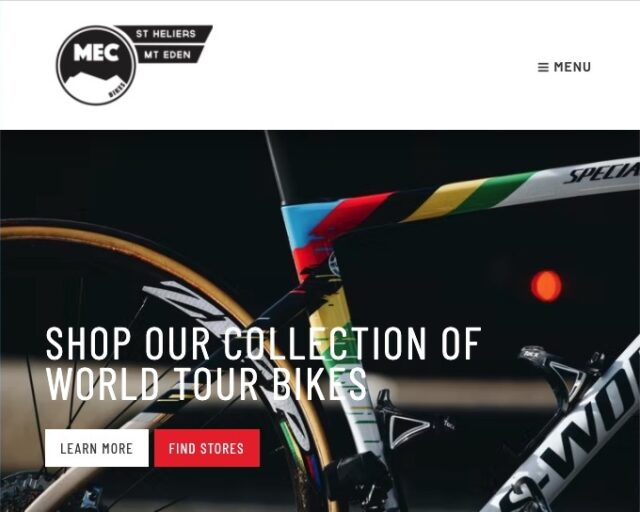Updated: Apr 17, 2025
Author: Tony Waldegrave
A headless CMS (Content Management System) website, sometimes referred to as a static website, is one whereby the CMS is not dynamically generating the website which is normally the case with traditional websites.
With a headless CMS, the role of the CMS is to only edit and publish content and it is therefore decoupled from the role of generating the website.
A separate generator platform is used to publish the entire website and content live and in a static state. This means that the publishing of edits and new content results in a complete republishing or rebuild of the live website.
The primary benefit of a static website is to improve page load speed and in doing so improve the user experience which leads to better conversion outcomes. When browsing a static website the pages feel like they appear instantly.
In recent times Google has been encouraging website owners to produce faster loading websites and Google is now rewarding fast websites with ranking improvements. The SEO trend from Google is a continued focus on load performance and usability and the impact of this in the algorithm has been signaled to increase in 2025.
The speed optimisation of websites is now quite an important part of SEO (search engine optimisation). This process is quite specialised and can be technical and time consuming and overtime the goal posts have been moving in terms of how Google measures performance.

The downside to a headless CMS website is that the regeneration of the website from a CMS edit takes longer than it would using a dynamic c. Depending on the size of the website, it can take a few minutes for the site generator application to publish a new updated version of the website.
Also, implementing a headless CMS requires familiarity with technologies like React or Angular, commonly used in static site generators. Not all web developers are well versed in these technologies.
The website technology stack options will depend on your web developers familiarity with the range of options and preference for coding using either React or Angular. These are both java scripting languages which are commonly used in the development of static websites and particularly within the site generator applications.
There is a growing range of headless CMS options, the best options depend on the type and size of the website and the degree of editing control that is required.
For small to medium business websites, Adhesion favours the Prismic and Netlify cloud based CMS systems. For the static website generator, Adhesion favours Gatsby and Next.JS.
The headless CMS website infrastructure is normally cloud hosted and for optimal performance the website is best hosted on a cloud based Content Delivery Network (CDN).
The popularity of headless websites has been growing in recent times and this trend looks to be entrenched. Most of the mainstream CMS providers including WordPress have signaled that they are developing or due to release headless CMS solutions.
At Adhesion we have been developing headless cms websites over the last 6 years and have developed a technology framework that performs really well. All new websites that we develop are now done in a static framework. We also have a headless solution for Shopify websites which additionally solves other SEO issues associated with Shopify websites.
For more information, contact Adhesion for a free consultation.
Our reputation goes hand-in-hand with our team’s dedication to best practice. As a registered Premier Google Partner, our team refreshes our certifications every 12 months — A tradition we started over a decade ago. To stay ahead, we are always looking forward to upcoming certifications for online advertising, website development and search engine optimisation.
Blog • Terms • Privacy • 110 Mount Eden Rd, Mount Eden, Auckland 1024 • Mon–Fri 8:30am–5pm
© 2007-2025 Adhesion